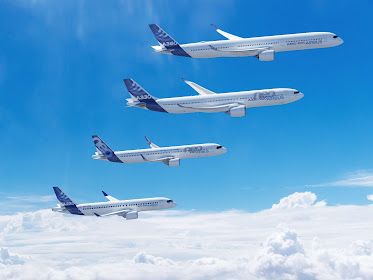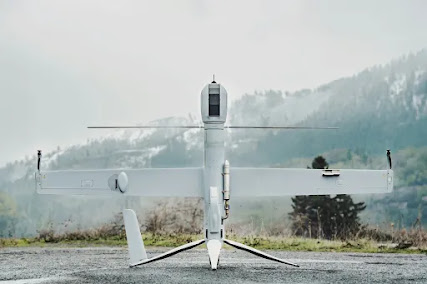The crew of a Japan Airlines aircraft are being hailed as heroes after all 367 passengers and 12 crew evacuated their Airbus A350 aircraft that burst into flames following a collision with another aircraft at the point of landing at Haneda International Airport in Tokyo, earlier today.
Dramatic pictures and videos are flooding social media following the incident that clearly shows the aircraft erupting into flames as it travels down the runway. The initial fear from those on the ground, witnessing the disaster unfold from various points all over the airport would have been the certain death of all those onboard. However, whilst the videos and images show how the aircraft seemed to lose its nose gear, the plane came to a halt and all passengers and crew managed to escape the burning craft.
Video from inside the A350 shows the orange glow of flames lighting up the windows and the cabin start to fill with light smoke as the stricken aeroplane continues down the runway. Passengers seemed on the whole to be calm initially and then the evacuation took place. According to officials, nobody suffered serious injury during the crash or the evacuation.
The A350-900 operated by Japan Airlines was operating flight JAL516 from Sapporo New Chitose Airport to Haneda International Airport when it collided with a Coastguard DHC-8 aircraft whilst landing in Haneda. The incident occurred shortly after 17:47 local time on 02 January 2024 and all 367 passengers and 12 crew members on board evacuated the A350, whilst Japanese authorities have now confirmed five of the six people on board the DHC-8 did not survive.
The A350 aircraft involved in the accident, registered under the number JA13XJ, was MSN 538, and delivered to Japan Airlines from the production line on 10 November 2021. It was powered by Rolls-Royce Trent XWB engines.
Japan Airlines issued the following statement: "We regret to inform you that on the evening of January 2nd, JL516 was involved in a collision with a Japan Coast Guard aircraft during its landing at Haneda Airport, resulting in a fire on the runway. Our thoughts and prayers are with the deceased members of the Japan Coast Guard. We want to assure you that all passengers and crew on our flight were safely evacuated.
We would like to extend our sincerest apologies for the distress and inconvenience caused to our passengers, their families, and all those affected by this incident. We would like to assure you that we will provide our full cooperation in the investigation of this unfortunate event."
Plane maker Airbus issued the following statement "In line with International Civil Aviation Organization (ICAO) Annex 13 recommendations, Airbus will provide technical assistance to the Bureau d’Enquêtes et d’Analyses (BEA) of France and to the Japan Transport Safety Board (JTSB) in charge of the investigation. For this purpose, Airbus is presently dispatching a team of specialists to assist the Authorities.
Further updates will be provided as soon as consolidated information is available and Airbus is authorised to release them.
Our concerns and sympathy go to the families, friends and loved ones affected by the accident."
The remarkable evacuation of all passengers and crew from the A350 is amazing and is a testament to the way the A350 is constructed. With its carbon fibre composites and different manufacturing, the plane seems to have held up very well following the collision and subsequent fire which undoubtedly gave those on board more time to escape down the evacuation chutes. According to local news outlets, only 17 people sustained minor injuries during the evacuation.
Whilst the exact cause is not yet known and an investigation has been started, preliminary reports indicate the pilots of the Japan Airlines flight did not spot any other aircraft on the runway prior to landing. Tadayuki Tsutsumi, Japan Airlines senior vice president of corporate safety and security commented the plane “entered the runway as normal and began landing as normal and that there was an impact, which led to the accident, but we are still investigating further details.”
Senior Vice President of Japan Airlines Noriyuki Aoki appeared to blame the flight crew for the disaster at a press conference on Tuesday evening, saying “However, I can't say at this time if they [Japan Airlines crew] were cleared to land, or if they communicated with ATC, because that is a fundamental factor in the cause of the accident, and we are still trying to confirm that,”
Video content from BBC News






























